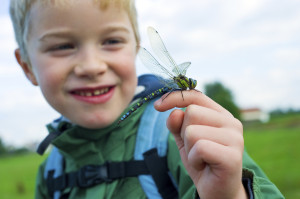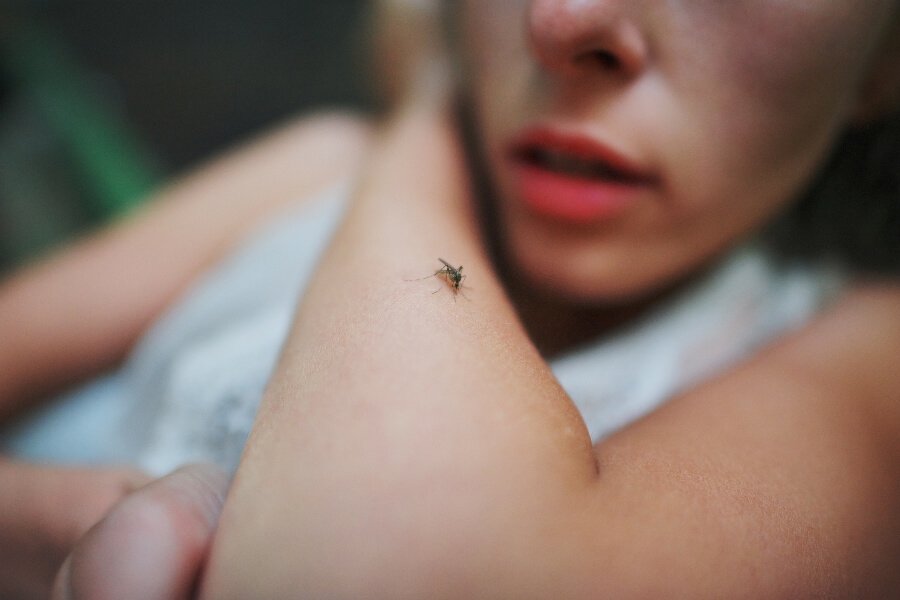Summer is right around the corner, and if you live in Central TN, that means so are swarms of mosquitoes. We bring this up now because spring is absolutely the best time of year to start planning your mosquito control for the year. As the weather has starts to warm up, mosquitoes wake from their winter diapause. Activity of these pests may be light now, but a little strategic mosquito control – and even some DIY mosquito control – can have a big impact on the rest of your year.
Are There Any DIY Mosquito Control Measures to Prevent Mosquitoes?
Yes, there are some easy yard maintenance tasks you can do that can make a huge difference in whether your property becomes a mosquito haven or not.
The first and most important thing you can do is eliminate standing water from your yard. Mosquitoes lay their eggs in water and their entire early life cycle is aquatic. In fact, mosquitoes don’t emerge from water until they’re adults. To state it simply: if mosquitoes don’t have water, they can’t reproduce. Walk around the yard after the next rain and note the places where water accumulates. From now on after it rains, dump out that water. Get rid of it, even if it’s a small amount. Mosquitoes only need a few millimeters of depth to breed.
Also, keeping your lawn manicured can make your property less hospitable to mosquitoes. Mosquitoes like to rest and breed in thick grass. Additionally, it will help limit the number of areas where water can accumulate. It will also make it easier for you to identify these areas.
What Does The Bug Man Recommend?
With DIY mosquito spot treatments, you’re unlikely to ever eliminate an entire infestation. That’s just the nature of mosquitoes – how relentless they are, how quickly they breed, and how widespread they are. But you may find some of these mosquito repellent solutions helpful situationally:
- Mosquito traps: Mosquito traps work well if you have a small area of heavy mosquito activity you want controlled. They’re not as effective for large areas or controlling entire infestations.
- Citronella oil / candles: Again, Citronella candles can be useful against mosquitoes in certain situations. They can be hit or miss, but if you plan on spending time outside they don’t hurt. Just beware their effectiveness wanes gradually the longer you’re outside.
- Store bought insecticides: Yes, you can buy insecticides at the store that are effective against mosquitoes. But remember the rapid mosquito life cycle. Even if you are successful, you will have to continue applying treatment. That’s why if you’re considering applying insecticides yourself, we suggest you consider a professional treatment instead. A professional mosquito exterminator can get you better results with less frustration.
- Natural Predators: There are a number of animals and insects that naturally prey on mosquitoes. For example, frogs and certain types of birds are big mosquito consumers. If you have a water feature on the property, consider adding fish to it to eat the larvae off the top.
DIY Mosquito Control Myths
It doesn’t get much more frustrating than wasting a bunch of your valuable time on mosquito control measures that don’t do anything. That’s why we’re here to tell you not to waste your time with these supposed remedies:
- Coffee Grounds: Please don’t scatter coffee grounds around your yard thinking it will keep mosquitoes away. It won’t. The mosquitoes will see you doing it and think you’re off your rocker. It will make your soil more acidic, though, which can affect the growth of your plants positively or negatively depending on the plants you have.
- Cedar Mulch: The idea is that cedar has a strong smell that mosquitoes don’t like, but unfortunately there’s no evidence this is true. Any claim that cedar keeps away mosquitoes is anecdotal and not based on any real pest control science.
- Plants: Mosquitoes have finely tuned senses of smell and they’re triggered by a variety of human smells. This means it’s difficult for any plant or oil or smell to hide the presence of humans from them when they’re hungry for a blood meal. Feel free to plant things like citronella, lavender, mint, catnip, or marigold if you like them, but don’t expect much of a difference in mosquito activity.
- Lighting: Many insects are attracted to light, but mosquitoes aren’t one of them. Studies have shown that mosquitoes aren’t attracted to light at all, so you can leave lighting traps at the big box stores.
The Best Mosquito Control. Period.
It’s always tempting to try to solve a problem yourself, but DIY mosquito control is simply not the best option in Central TN. You may have limited success, but if you’re serious about getting rid of mosquitoes on your property during the height of mosquito season, nothing can match a professional mosquito extermination company.
At The Bug Man, our goal is to help you enjoy a mosquito-free summer and pest-free* living all year-long. That’s what we’ve been doing since 2001. Ready to make it a reality in your life? Give us a call today.
Want to know more about mosquitoes in the Murfreesboro, Tennessee area? Check out our Mosquito Learning Center!
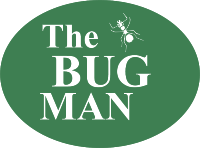
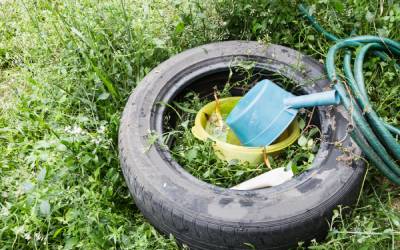
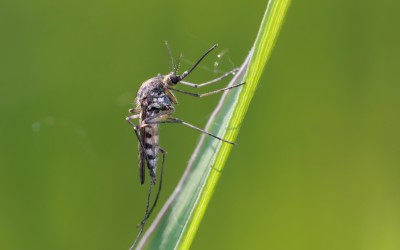
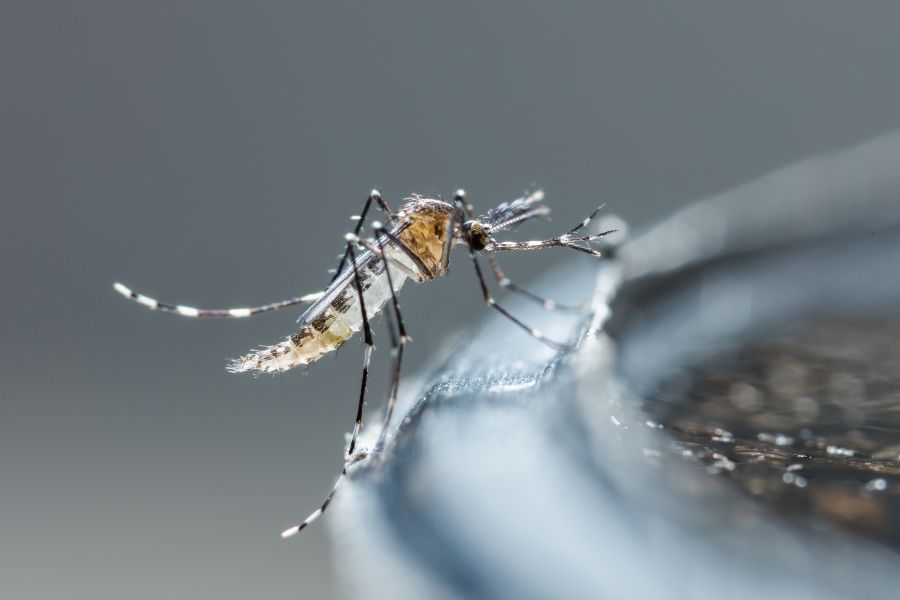
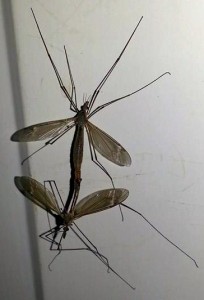
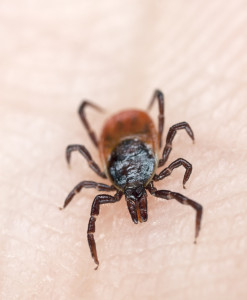
 Don’t forget about your four-legged babies, too. Please discuss tick treatment for your pets with a veterinarian. There are many treatment methods available and something that works well for one pet may not be best for the other. Cats and some breeds of dogs can be sensitive to some products. So, it is always best to check with your vet, first. Also, you will want to inspect your pets and their bedding frequently for ticks.
Don’t forget about your four-legged babies, too. Please discuss tick treatment for your pets with a veterinarian. There are many treatment methods available and something that works well for one pet may not be best for the other. Cats and some breeds of dogs can be sensitive to some products. So, it is always best to check with your vet, first. Also, you will want to inspect your pets and their bedding frequently for ticks.
